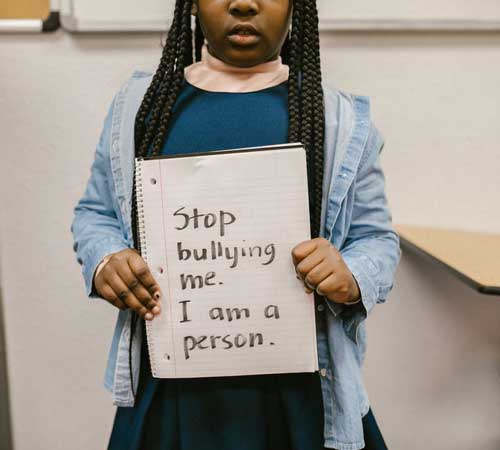
Parent-teacher conferences, commonly known as PTA (Parent-Teachers Association) meetings in Nigeria, are vital in addressing student needs and improving academic outcomes.
The PTA meetings play a crucial role in fostering a collaborative relationship between parents and teachers, providing an opportunity for them to share information, discuss concerns, and collaborate on strategies for their children’s success.
However, it’s important to remember that these meetings are not just for listening.
Parents often neglect to ask crucial questions, leaving teachers to address children’s concerns alone.
By asking important questions and sharing information, you can ensure that you are well-informed about critical aspects of your child’s education.
This proactive approach will maximise the effectiveness of the conference and your role in your child’s education.
Here are comprehensive questions parents should ask during parent-teacher meetings:
Academic Performance
- What are my child’s strengths and weaknesses in each subject?
- How does my child compare to grade-level expectations?
- What are the most significant academic challenges my child faces?
- Are there any learning gaps or areas needing extra support?
- How can I support my child’s academic growth at home?
- What are the short-term and long-term academic goals for my child?
- How will progress be monitored and reported?
School Policies and Expectations
- What are school policies on phone use, social media and technology?
- What consequences exist for misconduct?
- What expectations govern student behaviour?
- How does the school promote digital citizenship?
- Are there opportunities for student leadership or extracurricular activities?
- What are the school’s safety protocols?
- How does the school handle emergencies?
- Are there opportunities for parent involvement?
Learning Style and Strategies
- What learning style (visual, auditory, kinesthetic) does my child prefer?
- What teaching methods work best for my child?
- Are there accommodations or modifications for learning difficulties?
- How can I reinforce classroom learning at home?
- What online resources or educational apps are recommended?
- How does the teacher differentiate instruction?
- Are there opportunities for hands-on learning?
- How does the teacher assess student understanding?
Behaviour and Social Development
- How does my child interact with peers and teachers?
- Are there behavioural concerns or issues?
- How is my child’s emotional well-being and mental health?
- What strategies support social skills development?
- Are there opportunities for character development or leadership?
- How does the teacher promote positive classroom behaviour?
- Are there bullying prevention strategies?
- How does the school foster inclusivity and diversity?
Communication And Progress Updates
- How will you keep me informed about my child’s progress?
- What communication channels (email, phone, portal) are available?
- How often will we schedule progress updates?
- What metrics measure academic success?
- How can I access my child’s grades and assignments?
- Are there regular progress reports?
- How can I contact the teacher with questions or concerns?
Goal Setting And Future Planning
- What are achievable academic goals for my child?
- How will we track progress toward goals?
- What post-secondary education or career paths align with your interests?
- Are there opportunities for advanced courses or programs?
- How can I support my child’s long-term educational aspirations?
- Are there college or career readiness resources?
- How does the school support students with special needs?
- Are there summer programs or enrichment opportunities?
Support Services and Resources
- What support services exist for struggling students (tutoring, counselling)?
- Are there resources for students with learning difficulties?
- How does the school address bullying or social conflicts?
- What mental health resources are available?
- Are there partnerships with local organisations or community groups?
- Are there resources for students with physical disabilities?
- How does the school promote digital citizenship?
Also Read: What Parents Must Ask, Say During PTA Meetings
In conclusion, parent-teacher conferences (PTA meetings) are a collaborative opportunity to ensure your child receives comprehensive support from both parties ( you and the school).
Be proactive, engaged and collaborative to empower your children’s academic and personal growth.
Find more resources on parenting here.



